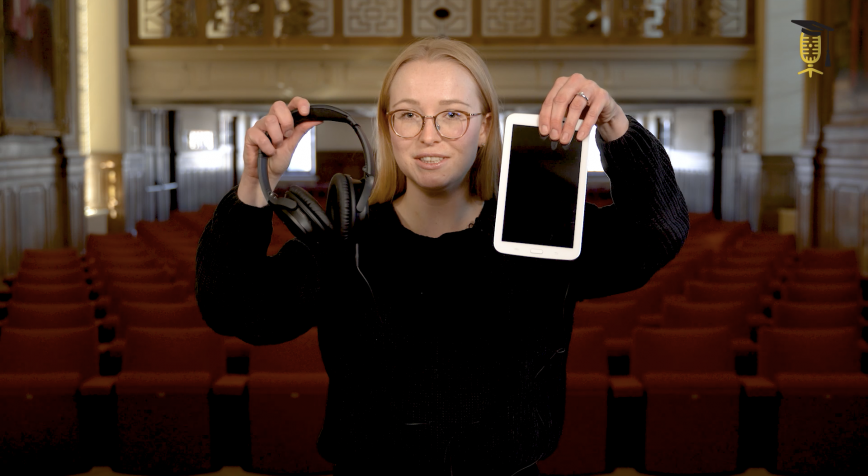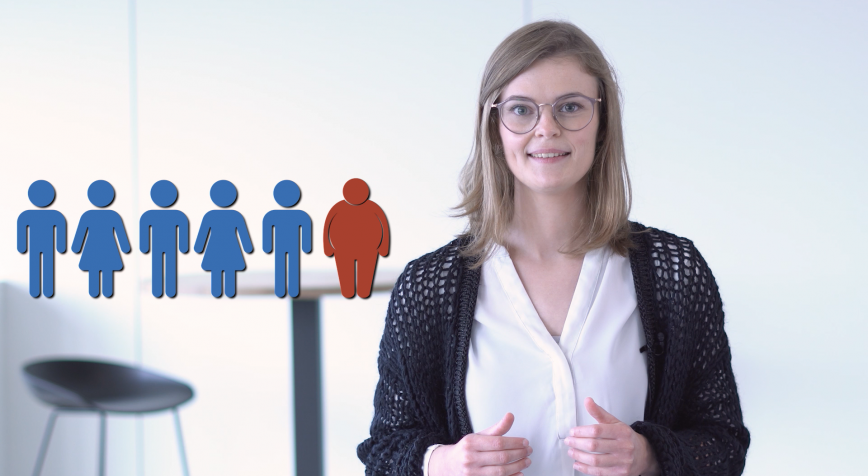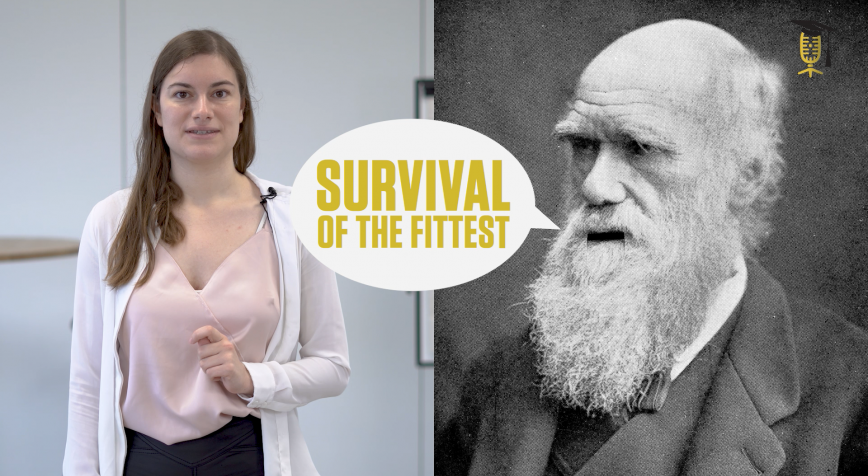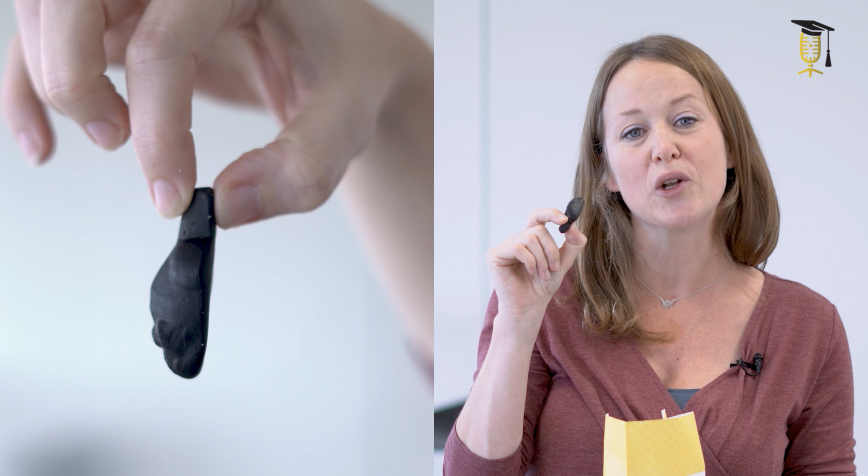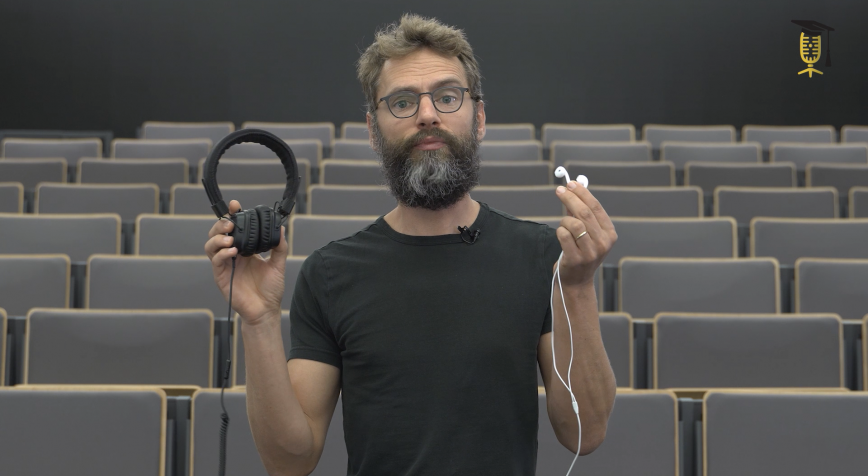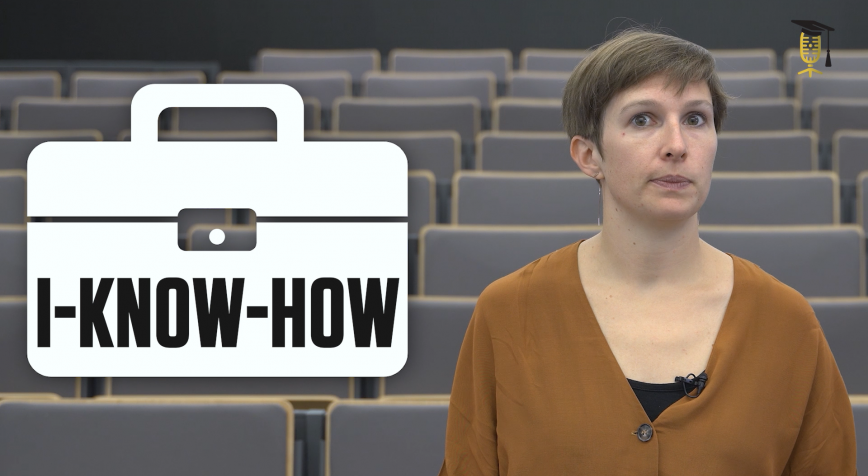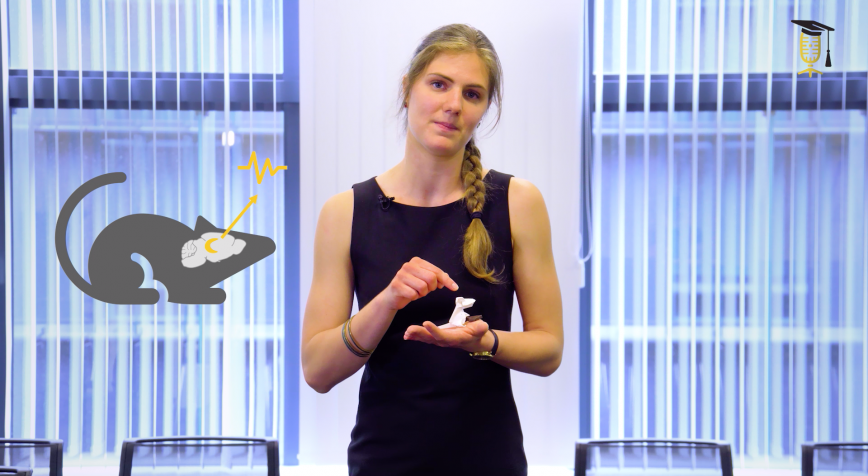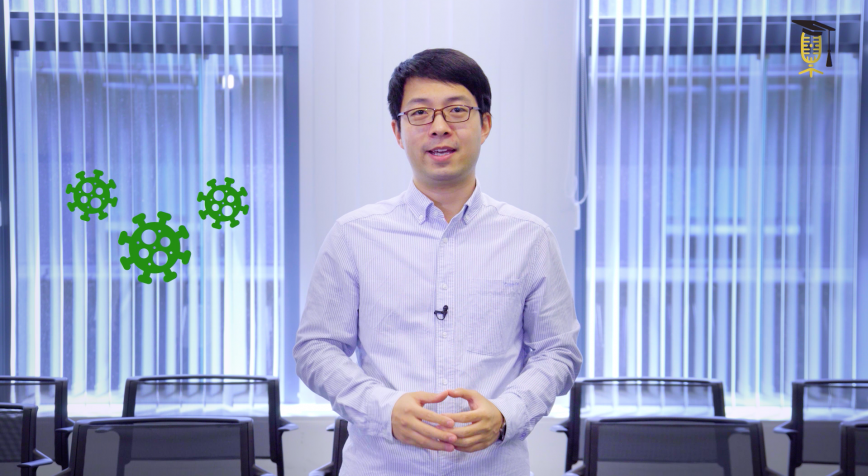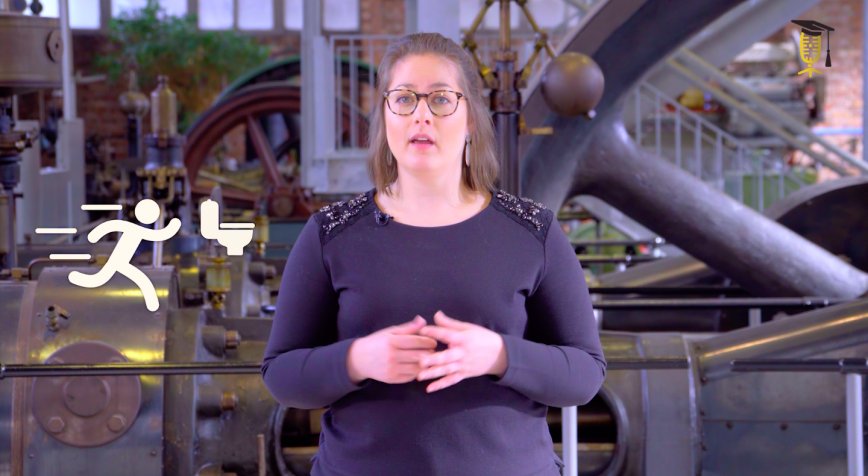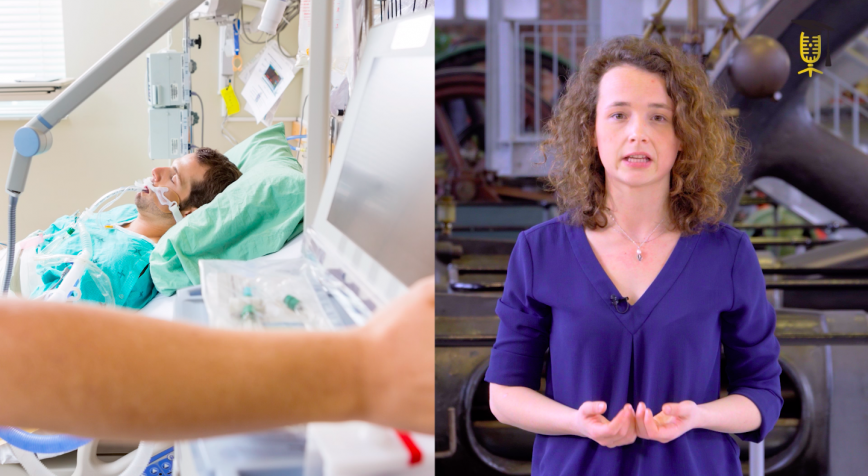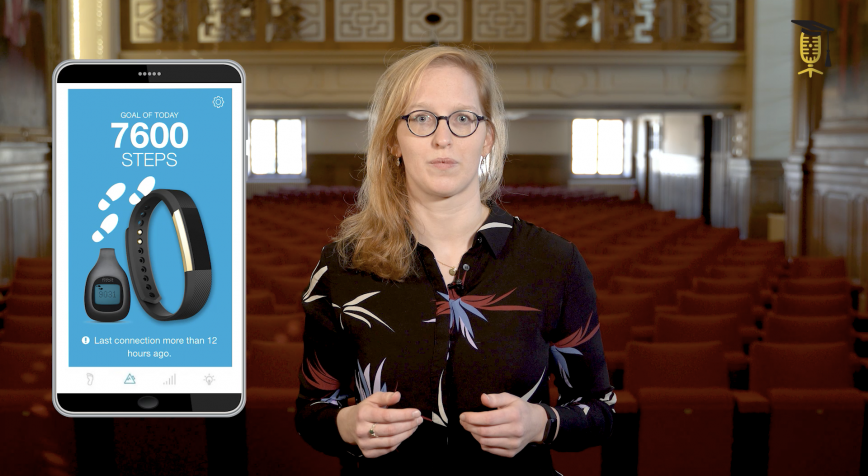
FWO
KU Leuven
Help, I am short of breath! 🥵
Out of breath after just eight steps up the stairs? That is the case every day for the 600,000 people in Belgium with chronic obstructive pulmonary disease (COPD). Physiotherapist Astrid Blondeel (KU Leuven) wants to help them using a personalised coaching programme and a smartphone app.
